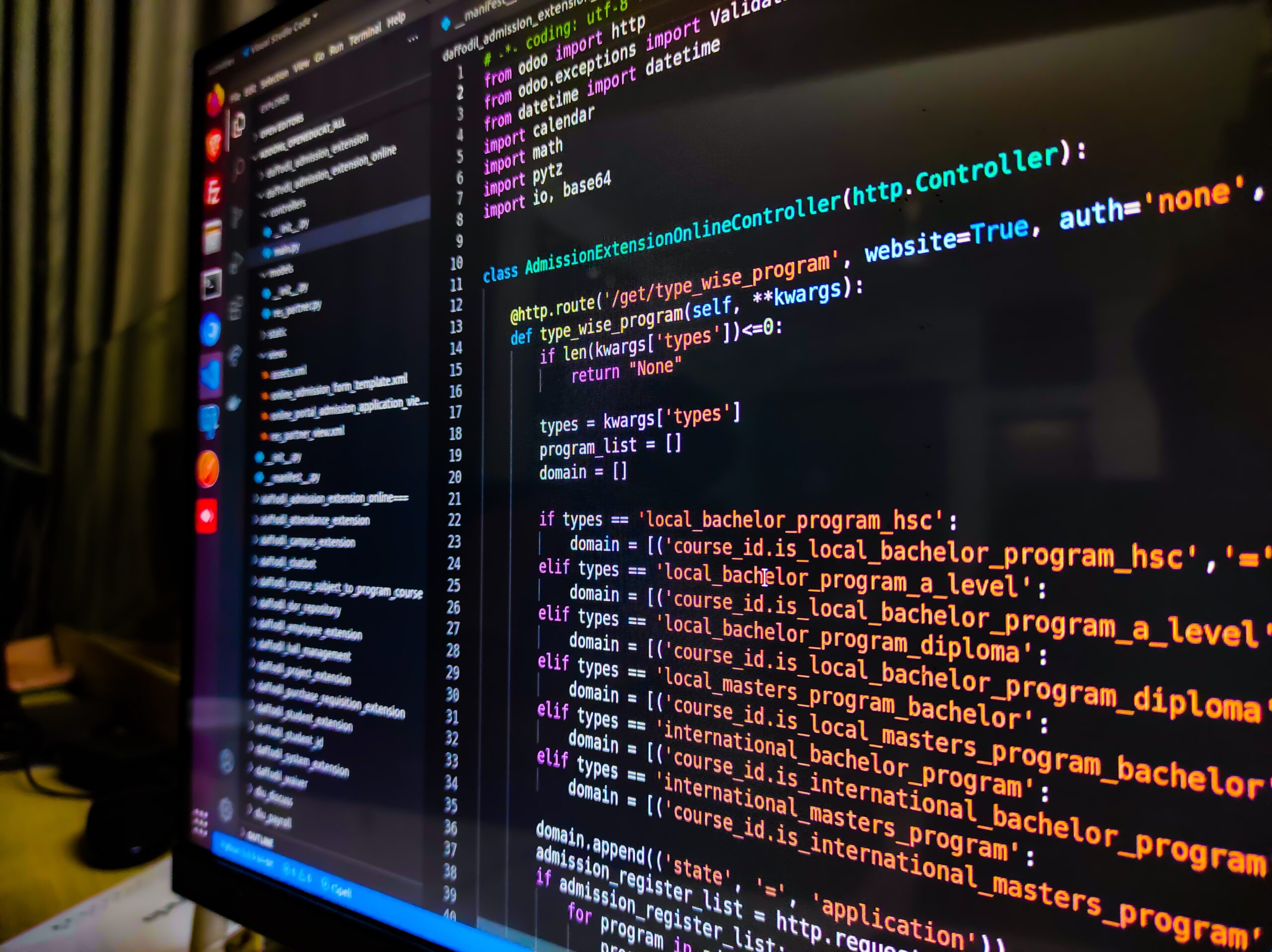About PLC Course
A Programmable Logic Controller (PLC) is a specialized industrial computer used primarily for controlling and automating electromechanical processes in manufacturing, industrial automation, and various electrical systems.
PLCs are critical components in modern electrical systems and automation, allowing for precise control, increased efficiency, and improved safety in a wide range of industrial applications.
Apply for New Batch
Why Choose Us
From Fundamentals to Advanced: SKYSYS Engineering cover AutoCAD from the ground up, starting with the basics and gradually progressing to advanced topics. No matter your current skill level, you’ll find value in this course.
Hands-On Experience: SKYSYS Engineering believe in learning by doing. Throughout the course, you’ll work on hands-on projects and exercises to reinforce your understanding of React.js concepts. Expect to build real-world applications.
Interactive Learning: SKYSYS Engineering training sessions are highly interactive, allowing you to engage with instructors and fellow students. You’ll have opportunities to ask questions, seek clarification, and collaborate on projects.
Project Portfolio: By the end of the course, you’ll have a portfolio of React.js projects to showcase to potential employers. These projects will demonstrate your expertise and problem-solving abilities.
Flexibility: SKYSYS Engineering understand that life can be busy, so we offer flexible training options. Choose from in-person classes, live online sessions, or self-paced modules to fit your schedule and learning style.
- Small Class Sizes: SKYSYS Engineering maintain small class sizes to provide personalized attention to each student. This fosters a supportive learning environment where your questions are always welcome.
- Career Guidance: We’re not just focused on teaching; we’re invested in your success. Our career guidance and job placement assistance help you transition into a rewarding career in design or engineering.
PLC Course Content
PLC
INTRODUCTION
Introduction about PLC
Uses
Benefit
Future
Summary
LADDER DIAGRAM FUNDAMENTALS
Objectives
Introduction
Basic Components and their Symbols
Fundamentals of ladder diagrams
Machine control terminology
Summary
THE PROGRAMMABLE LOGIC CONTROLLER
Objectives
Introduction
A brief history
PLC configurations
System block diagram
Update and solve the ladder
Update and solve the ladder
Solve the ladder
Summary
FUNDAMENTAL PLC PROGRAMMING
Objectives
Introduction
Physical components vs. Program components
Example – Problem
Disagreement circuit
Majority circuit
Oscillator
Holding contacts
Always-ON and Always-OFF contacts
Ladder diagrams having more than one rung
Summary
SIMULATION
Objectives
Introduction about Relay logic
I/O Simulation
Door simulation
Silo simulation
Traffic simulation
BCD I/O simulation
Bottle line simulation
Reset simulation
Reset timer and counter
Summary
WORK PROBLEM – EXERCISES
Problem on the basis of I/O simulation
Problem on the basis of Door simulation
Problem on the basis of Silo simulation
Problem on the basis of Traffic simulation
Problem on the basis of Bottle line simulation
Mixed problems
Career Opportunities
A career in PLC (Programmable Logic Controller) electrical engineering offers numerous opportunities in various industries where automation, control systems, and electrical systems are integral. PLCs are widely used in manufacturing, energy, automotive, and many other sectors.
PLC programmers are responsible for designing, coding, and testing control logic for PLCs. They work on creating custom control sequences and ensuring that PLCs operate efficiently and reliably.
Automation engineers design, develop, and implement automated systems using PLCs. They integrate PLCs with other components like sensors, actuators, and human-machine interfaces (HMIs) to create comprehensive automation solutions.
Control systems engineers specialize in designing and optimizing control systems. They work with PLCs to ensure precise and efficient control of industrial processes and equipment.




